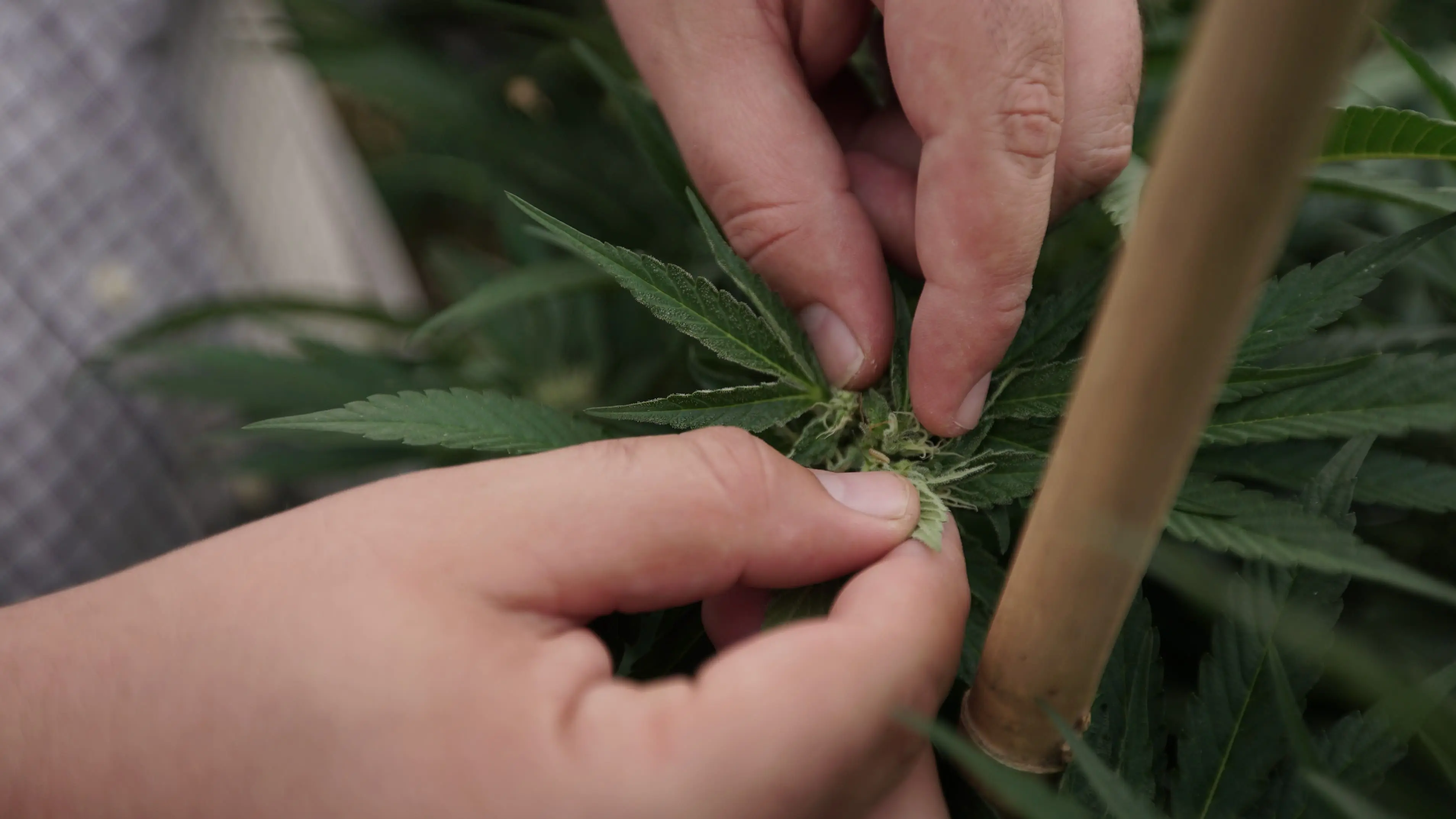Politics
New Veterans-Led Marijuana Campaign Aims To Convince Republican Lawmakers To Support Reform

Marijuana and veterans advocacy groups have launched a campaign to mobilize military veterans to help convince Republican lawmakers to embrace embrace federal cannabis reform.
The Last Prisoner Project (LPP) and Balanced Veterans Network (BVN) announced the new effort on Monday to empower veterans to fight for access to medical cannabis and raise attention about veterans who are currently incarcerated over marijuana.
“This partnership will identify the impact of cannabis laws on our service members, amplify their stories to key decision-makers—particularly Republican members of Congress—and advocate for legislation that ensures veterans and their health care providers have every option available to treat service-related trauma effectively,” the groups said in a press release.
The announcement briefly describes three veterans—Robert Deals, Deshawn Reilly and Kristofer Fetter—who are actively serving time in prison due to marijuana-related offenses.
“It is an insult to our veterans that our country would put them in a cage for trying to treat the trauma they suffered while defending our freedoms,” Jason Ortiz, director of strategic initiatives for LPP, said. “This partnership is our effort to fight for their freedom, and we encourage everyone who cares about our veterans to join us in this fight, put pressure on lawmakers to release all veteran cannabis prisoners, and pass legislation to no longer penalize them for using cannabis to treat the wounds they endured fighting for us.”
Terry Ikey, board member of BVN, said veterans “use cannabis in place of medications that are ineffective at addressing mental health issues that are a result of their time in service.”
“With the Veteran suicide rate rising every day, it is imperative that we give our vets and their healthcare providers any and all tools needed to help our vets find balance in their lives,” they Ikey. “That starts with the freedom to grow their own cannabis at home. If veterans had the right to grow their own medicine, they could maintain a steady supply of what works for them, without being forced to start the trial and error process over and over again.”
To that point, federally funded research published last month on the relationship between PTSD and cannabis use in veterans found that marijuana is associated with milder PTSD symptoms and reduced negative affect—the tendency to experience frequent or intense negative emotions.
“Congress has the power to change the laws hurting our veterans, and we have the power to change Congress if they don’t,” Eric Jansen, government affairs coordinator of BVN, said. “We are emboldened by our partnership with the Last Prisoner Project to mobilize our members into an undeniable force for change. Far too many members of Congress say they support our vets, and with this new powerful partnership, we plan to demand they turn those promises into action.”
Veterans interested in supporting the campaign with stories about their own experiences medical cannabis and the criminal justice system are being invited to fill out an online form.
Last month, the Senate approved large-scale spending legislation that includes provisions to allow U.S. Department of Veterans Affairs (VA) doctors to recommend medical marijuana to military veterans living in legal states.
In past years, both the House and Senate have included provisions in their respective MilConVA measures that would permit VA doctors to make the medical cannabis recommendations, but they have never been enacted into law.
Because both chambers again adopted differing language this year, the matter will once more be a topic of conversation in conference committee or informal bicameral negotiations and, as such, could end up being left out of the final package sent to the president this time, as has been the case in the past.
Meanwhile, a GOP senator said last month he’s “confident” that, under the Trump administration, lawmakers will help secure alternative treatment options for veterans—including access to psychedelic medicine, as multiple veterans have personally requested from him after disclosing they’ve travelled abroad for the novel therapy.
Photo courtesy of Chris Wallis // Side Pocket Images.



